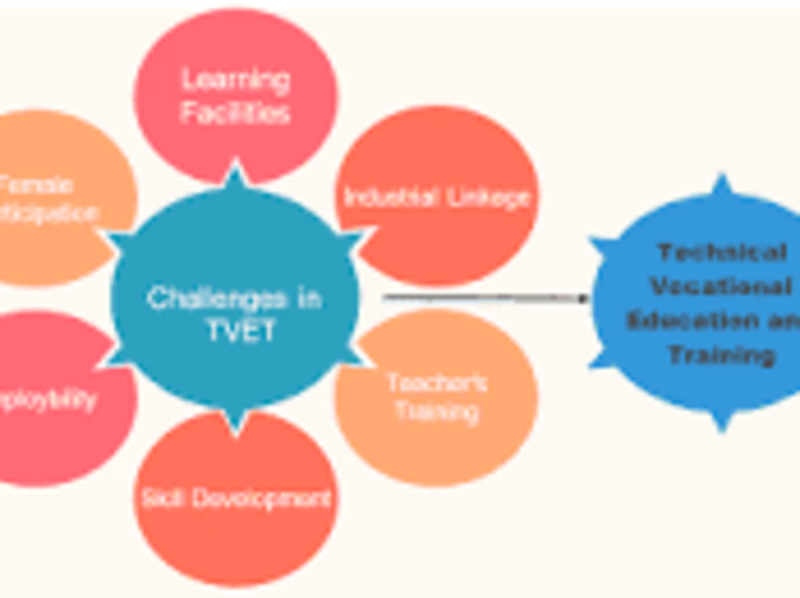Navigating Today's Education System: Challenges and Opportuniti…

HAmza Arif
Blog Writer
Title:
Navigating Today's Education System: Challenges and Opportunities

Introduction:
The education system is an essential pillar of society, shaping the minds and futures of the upcoming generations. However, the landscape of education has undergone significant changes in recent times, driven by advancements in technology, societal shifts, and evolving teaching methodologies. In this blog, we will explore the current state of today's education system, highlighting its strengths, shortcomings, and potential areas for improvement.
1. Diverse Learning Environments:
One of the significant improvements in today's education system is the recognition of diverse learning styles and the creation of inclusive learning environments. Educators are increasingly embracing differentiated instruction, allowing students to explore subjects in ways that align with their unique strengths and interests. The integration of technology has further facilitated personalized learning experiences, empowering students to learn at their own pace.
2. Technology Integration:
Technology has revolutionized education, providing access to a vast array of resources and learning opportunities. Virtual classrooms, online courses, educational apps, and interactive tools have transcended traditional classroom boundaries, offering students a world of knowledge at their fingertips. However, it is crucial to address the digital divide to ensure equitable access for all students.
3. Project-Based Learning:
Project-Based Learning is gaining momentum in modern education systems, promoting active engagement and critical thinking. By working on real-world projects, students acquire practical skills, collaborate effectively, and develop problem-solving abilities. This approach fosters creativity and helps students connect theoretical knowledge to practical applications.
4. Standardized Testing Debate:
While standardized testing remains a prevalent method of assessing student performance, it has become a subject of debate. Critics argue that excessive focus on standardized testing narrows the curriculum, leading to "teaching to the test." This can stifle creativity and fail to evaluate the holistic development of students. Advocates, however, believe that standardized tests provide valuable data for accountability and educational improvement.
5. Mental Health and Well-being:
The well-being of students is a pressing concern in today's education system. The mounting academic pressures, social challenges, and technological distractions can negatively impact students' mental health. Schools must prioritize mental health support services, promote emotional intelligence, and create nurturing environments to foster well-rounded individuals.
6. Teacher Training and Support:
Teachers play a pivotal role in shaping the education system. To ensure the best possible learning experiences, adequate training and ongoing support for educators are imperative. Professional development programs should focus on equipping teachers with modern teaching techniques, technology integration, and strategies to address diverse student needs effectively.
7. Rethinking Curriculum:
The rapidly changing world demands a dynamic curriculum that prepares students for the challenges of the future. Education systems must adapt to include essential 21st-century skills such as critical thinking, problem-solving, communication, and digital literacy. Integrating interdisciplinary subjects and promoting global awareness can also enrich students' understanding of the world.
8. Addressing Educational Inequality:
Education should be a great equalizer, but unfortunately, educational inequality persists. Socioeconomic disparities, lack of resources, and educational opportunities disproportionately affect marginalized communities. Addressing these disparities requires targeted efforts, increased funding, and a commitment to providing quality education for all.
Conclusion:
Today's education system is undoubtedly evolving to meet the needs of a rapidly changing world. It celebrates diversity, embraces technology, and emphasizes holistic development. However, challenges such as standardized testing, mental health concerns, and educational inequality continue to persist. By fostering an environment that encourages innovation, inclusivity, and teacher support, we can work towards creating an education system that empowers students to thrive as responsible and informed global citizens. It is essential for policymakers, educators, parents, and society as a whole to collaborate and ensure that the education system remains a cornerstone of progress and prosperity for future generations.

